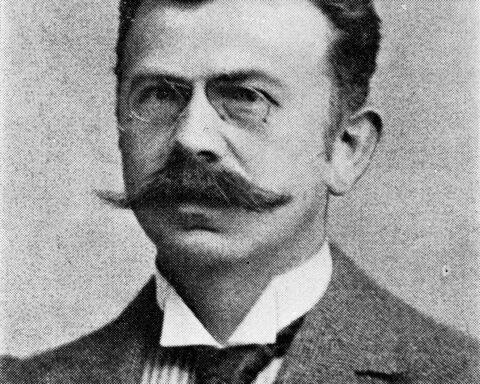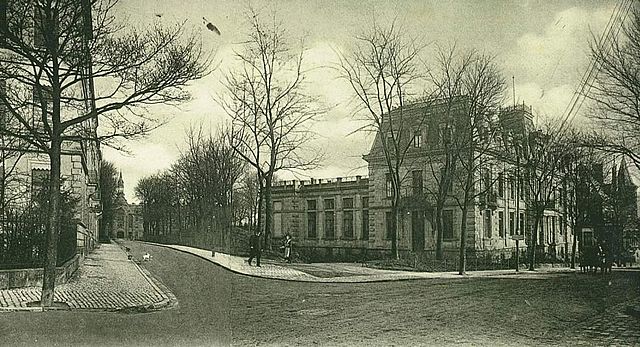Through a century and a half of economic change, Luxembourg has emerged as one of Europe’s major financial centres. At the heart of this transformation is Banque Internationale à Luxembourg (BIL), a bank with a dramatic history of its own.
Stability Born From Uncertainty
One of Luxembourg’s two oldest banks, BIL was founded in 1856, during a period of uncertainty for Luxembourg. The independent nation had been founded during the fallout from the Napoleonic Wars, but it remained a political football, fought over by more powerful neighbours. The grand-ducal degree founding the bank was a step towards economic stability and greater industrialisation, which would support Luxembourg’s independence. During its early years, the bank benefited from access to the Zollverein, a customs union of German states, but it suffered from a lack of legal backing for its banknotes. With local people distrustful of paper money and many Germans unwilling to accept the notes, the bank instead focused on activities abroad, a strategy which more than doubled its effective capital by 1872.
“BIL remains Luxembourg’s tenth largest employer, and an important force in the national economy.”
Changing With the Times
The period between the World Wars saw the bank’s international financial connections grow. The Banque de Bruxelles, Banque de l’Union Parisienne, and Dresdner Bank all acquired stakes in BIL. Politically stable and conveniently located between Germany and France, Luxembourg was well positioned to become a European financial centre. Making the most of this opportunity, BIL and other institutions founded the Luxembourg Stock Exchange in 1929, then played a significant part in rebuilding after the Second World War. During this period, it acquired strategic stakes in companies such as Luxair and Compagnie Luxembourgeoise de Télédiffusion (now RTL Group). The founding of the European Coal and Steel Community in 1951, with its provisional headquarters in Luxembourg, put the country at the heart of European financial growth, just before America’s interest equalisation tax pushed investors towards Europe. In 1963, BIL was the main issuing bank for the first Eurobond floated on the Luxembourg Stock Exchange.
Into the Modern Age
Closer economic integration in Europe and the growth of the continent’s financial power, helped fuel the success of BIL. It expanded partly by acquiring other institutions, such as the Luxembourg subsidiary of Banque Lambert, and partly through setting up new subsidiaries, such as one in Singapore in 1982. Taken over by Dexia in 1999, BIL’s identity was temporarily subsumed in the Dexia brand. But the debt crises following the subprime mortgage collapse hollowed out Dexia, which sold a 90% stake in BIL in 2012, leading to Quatari and then Chinese ownership. Though recent economic disruptions have undermined the bank’s social status, it remains Luxembourg’s tenth largest employer, and an important force in the national economy.



















